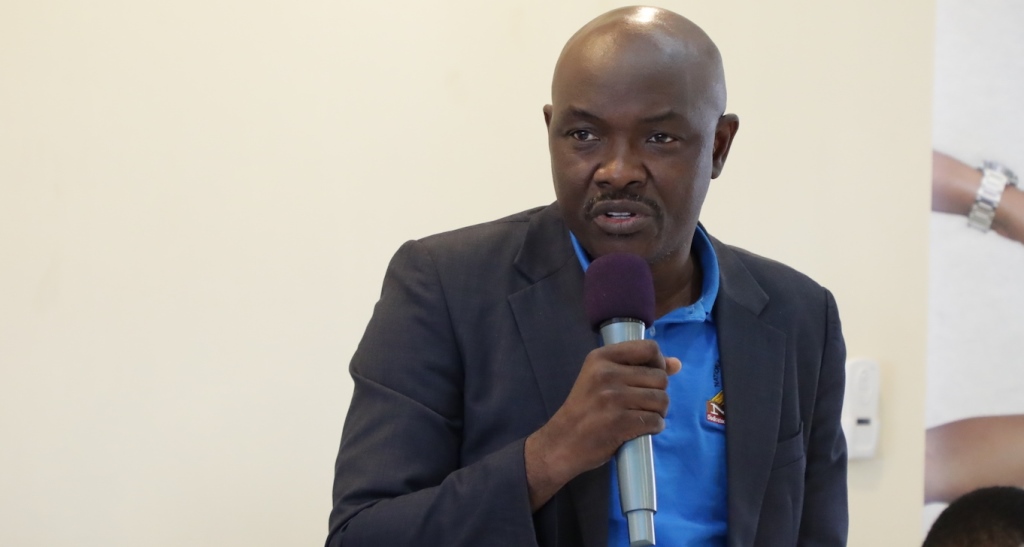Author: DEUS NGOWI
AfricaPress-Tanzania: ONLY 4.4 Tanzanians have enrolled with National Health Insurance Fund (NHIF) and thus get health services and benefits.
That is a mere eight per cent of Tanzanian eligible population and the news comes as a shock in spite of the Fund drumming up for the public to join it.
As it clicks 20 years since its establishment, NHIF is joining the government so that a law is coined to make it mandatory for all Tanzanians to have health insurance cover.
NHIF Customer Services Director, Mr Christopher Mapunda told editors in a one day special meeting in Dodoma that 60 per cent of those with insurance cover are public servants.
Mr Mapunda expressed his concern that people mostly turn out to seek insurance cover when they or their relatives fall sick, adding or else, they turn to friends for donations, something he said is not good.
“Imagine, only 4.4 million Tanzanians have enrolled to insure their health in these 20 years. Health care is one of the paramount needs because diseases come without notice,” said Mr Mapunda.
However, he warned that illnesses could render people bankrupt or poor as some might opt to sell their belongings to get funds for medical treatment and yet pass on.
He drummed up for public health fund to be the way for Tanzanians so that they take care of each other through their annual contributions regardless they get sick or not.
In addition, NHIF is coming up with a new mobile app that clients will use to know status of their membership, or if services they need are available at respective health services centres or not.
Registration for new centres will be done online instead of calling physically at NHIF offices. Equally, the fund is beefing up campaigns for the populace to deter non communicable diseases hence avoid huge cost in medical services.
In future, members will be identified by fingerprints and NHIF has already deployed its doctors at National and Zonal Hospitals to support its clients and as well as ensure quality services are delivered.
It is also banking on educating the public on their services to avoid unnecessary health checks or issuing too many drugs, which are not needed, saying: “Some do so just because they know NHIF will pay. It is unethical.”
The meeting brought together editors from different media houses in the country to discuss achievements of the Fund in the past two decades, get to know new measures and responses that have been put in place since the last meeting.







